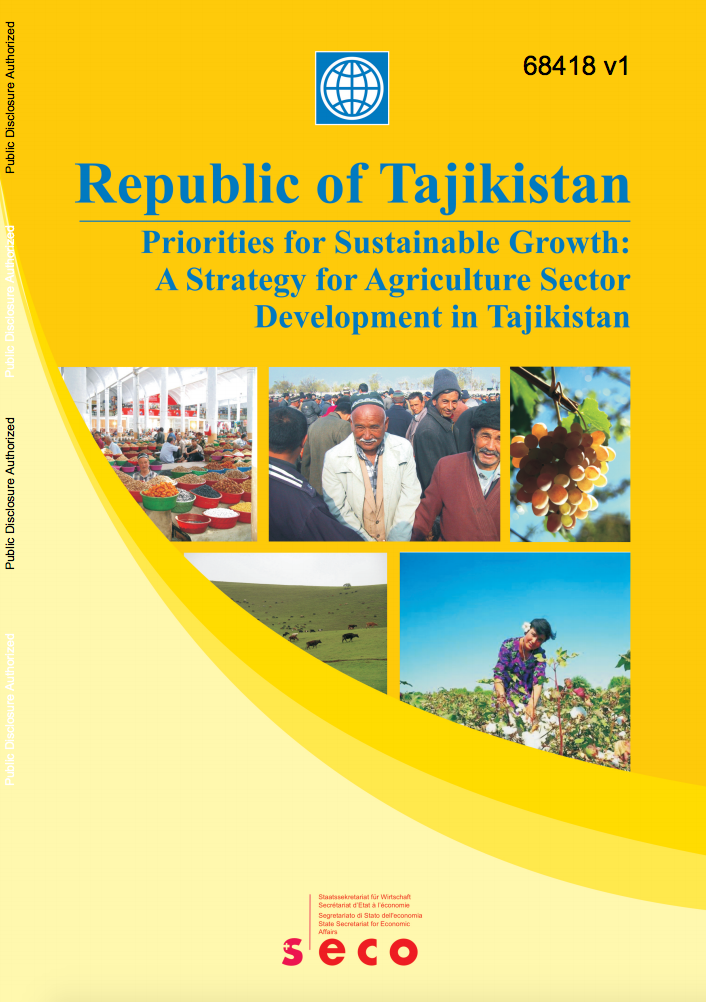The Quality of Life in Latin
American Cities : Markets and Perception
This book suggests how that exploration
should be undertaken, and how a monitoring system that has a
solid conceptual basis and is both easy to operate and
reasonable in cost can then be put into practice. Long the
ideal of many scholars and observers of urban problems, such
a system may now be close to realization. In this book,
examples of Latin American cities are used as case studies.
As argued in the first chapter, there are good reasons to


